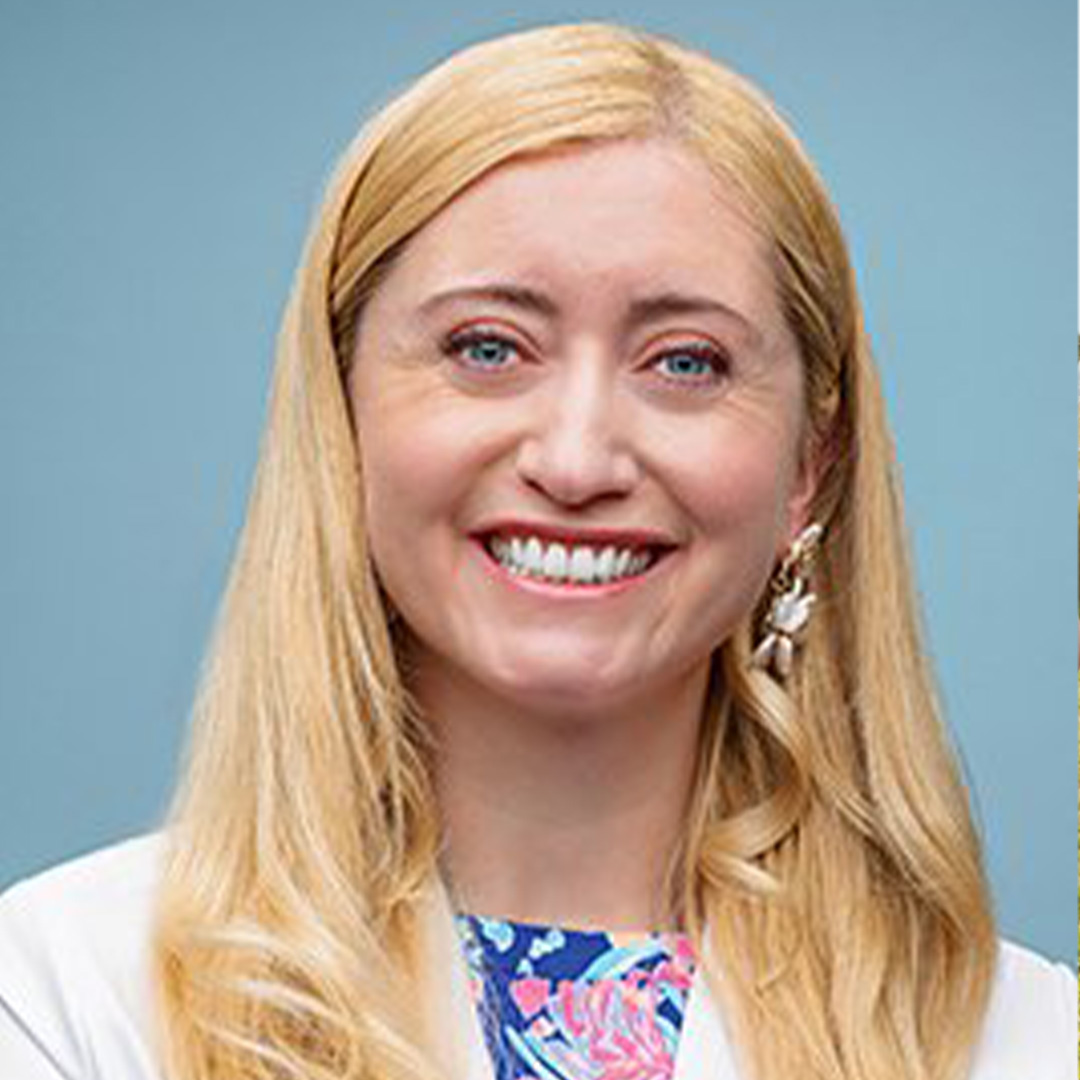The primary focus of most women is not themselves. Women for the most part are focused on taking care of their family and put themselves at the bottom of the list. It is time to change this way of thinking and put you and your priorities at the top of your list! You must take care of yourself. No one is going to do it for you!
Why Should You Get Your Mammogram?
- Mammograms detect breast cancer before it can be felt
- Early stage breast cancer has a great prognosis (outcome)
- The earlier breast cancer is identified the less invasive the surgery can be
- Early stage breast cancer may be less likely to require chemotherapy
When Should I Start Getting My Mammograms?
- Start getting your mammogram at age 40 and have them every year
- You may need to start having your annual mammograms earlier than 40 if you have a family history of breast cancer
- Start your monthly self breast exams in your 20s
What Factors Increase My Risk for Breast Cancer?
- Family history of breast cancer
- Alcohol intake
- Smoking tobacco
- Not having children
- Prior chest radiation
- Starting your menstrual cycle before age 12
- Starting menopause after age 55 (longer exposure to estrogen in your life)
- Taking hormone replacement therapy
- A sedentary lifestyle
- Having a breast cancer gene mutation such as BRCA
How Can I Decrease My Risk for Breast Cancer?
- No tobacco
- Minimal alcohol
- Women who have three alcoholic drinks per week have a 15% higher risk of breast cancer
- Four to seven hours of exercise per week can lower your risk of breast cancer by 20 to 30%
- Weight management. Overweight women—defined as having a BMI (body mass index) over 25—have a higher risk of being diagnosed with breast cancer compared to women who maintain a healthy weight, especially after menopause
- Breastfeeding can lower breast cancer risk, especially if a woman breastfeeds for longer than one year
What Are the Surgical Options for Breast Cancer Treatment?
- Lumpectomy
- Mastectomy without reconstruction (removal of all of the breast tissue)
- Mastectomy with reconstruction (removal of all of the breast tissue and rebuilding of the breast)
- Oncoplastic reduction (bilateral breast reduction and lift at the same time as the lumpectomy)
What Is Involved with a Lumpectomy?
- Removal of the breast cancer and a small amount of surrounding tissue
- Removal of a few axillary (underarm area) lymph nodes
- Usually followed by radiation therapy
- There is a 20% chance the cancer will reoccur after a lumpectomy alone
- Radiation therapy can reduce the recurrence risk to 7-10%
What Is Involved with a Mastectomy?
- Removal of the breast
- Removal of a few axillary (underarm areas) lymph nodes
- You can have reconstruction at the same time
There is no difference in survival rates or prognosis (outcome) with a lumpectomy and radiation versus a mastectomy. The surgical choice comes down to patient preference and breast size in relation to tumor size. You have to do what is best for you and no one else in that moment.
Take Care of You
I encourage all women now to take care of themselves. We are often focused on taking care of others, but to take care of others and be there for them, you have to take care of yourself! Take that step now and schedule your mammogram.
If you’re curious or nervous about a mammogram, here’s what to expect and how to prepare.

Dr. Rachel Jendro, DO, FACOS
Bryan Breast Surgical Specialists
Dr. Rachel Jendro, DO, FACOS is proud to be the first fellowship trained Breast Surgical Oncologist to serve the community of Lincoln and greater Nebraska. Her motivation for serving the women of Nebraska is due to her lifelong mission to provide evidence-based medicine to enhance the standard of care through surgical expertise, compassion for women’s health, and emotional support. As an osteopathic surgeon, Dr. Jendro brings enhanced surgical training and vast experience from accredited medical institutions, and is committed to her patients through their entire journey.
As a native of Kentucky, Dr. Jendro attended the University of Kentucky. She graduated magna cum laude with a Bachelor of Science in Biology. Dr. Jendro received her medical degree from the Kentucky College of Osteopathic Medicine. Her general surgery internship and residency were completed at Grandview Medical Center in Dayton, Ohio. Dr. Jendro was selected as chief resident in her general surgery residency program at Grandview Medical Center. Dr. Jendro is board certified by the American College of Osteopathic Surgeons.








